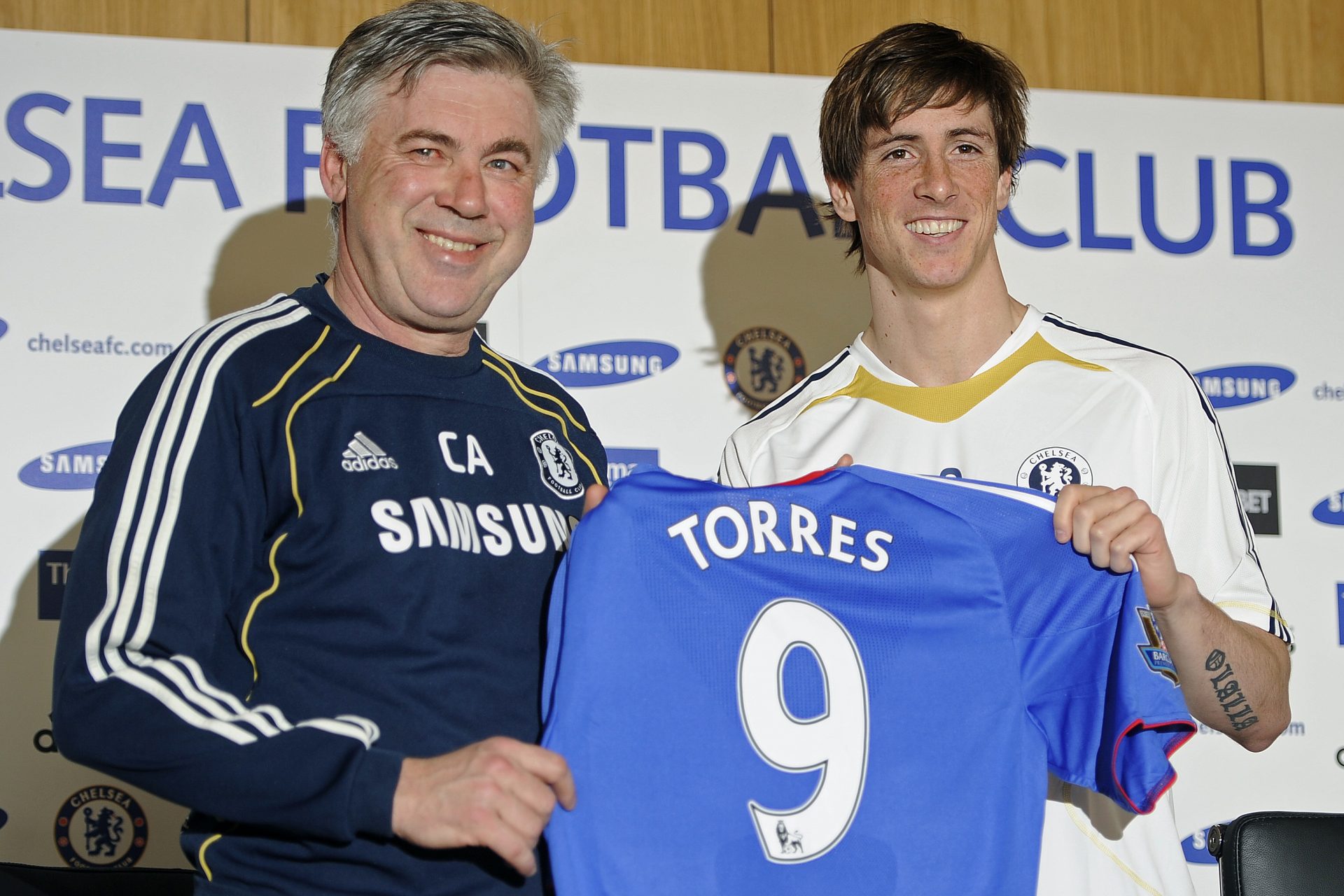Antonio Brown and Chandler Jones say CTE 'is not real' despite research
Chandler Jones, one of the most controversial NFL players in recent times, recently stated on a podcast that, "CTE is not real. I don't believe it's real... the T in "trauma" could be from being (censored) as a kid, from things that you went through in high school, and that can be trauma - mental trauma, emotional trauma, but not 'blunt-force-got-punched-in-the-head' trauma," Jones said this during an appearance on the Jaxxon Podcast.
Antonio Brown has become more well-known for his off-field antics in recent times, posting, "My CTE acting up," on X in August 2023. Brown later clarified that he meant, "C.atch T.he E.nergy CTE!!!!" As Mike Fisher writing for Patriots Country states, "At some point, derision isn't the answer. But either is delusion. And right now, it seems that former star NFL wide receiver Antonio Brown is tormented by both."
Speaking on the Jaxxon Podcast, Chandler Jones suggested he and Brown may be looking to start their own podcast with the paid hoping to disprove CTE. As Marca says, "handler did not provide any further information regarding the alleged podcast's release date and it's unlikely to come to fruition," which is probably for the best given the issues both former players have faced in recent times.
Want to see more like this? Follow us here for daily sports news, profiles and analysis!
Whilst it is easy to mock former players such as Jones and Brown, it is important to note how serious CTE can be. Scientists are still trying to fully understand how it is caused and if there are measures to improve the safety of football, but given a recent study has suggested up to 90% of former players suffer from CTE, there is no solution in sight.
A study from Boston University has found that a disturbing number of former NFL players are suffering from chronic traumatic encephalitis.
Ann McKee, MD, director of the BU CTE Center and chief of neuropathology at VA Boston Healthcare System, and her team found that out of 345 former NFL players studied, 376 were found to be suffering from chronic traumatic encephalitis (CTE), which means a staggering 91.7% of players seem to develop the illness.
The study’s authors also pointed out that the rate at which former NFL players were developing CTE far exceeded the numbers that were found in the general population.
“For comparison,” researchers wrote in a post on Boston University’s website, “a 2018 Boston University study of 164 brains of men and women donated to the Framingham Heart Study found that only 1 of 164.”
In the general population, cases of chronic traumatic encephalitis only appear in about 0.6% percent of people, which is a far cry from what former NFL players are suffering.
The Boston University researchers also pointed out that the singular case of CTE discovered in the Framingham Heart Study just happened to be from a former college football player...
Want to see more like this? Follow us here for daily sports news, profiles and analysis!
“The extremely low population rate of CTE is in line with similar studies from brain banks in Austria, Australia, and Brazil,” the Boston University researchers post added.
"While the most tragic outcomes in individuals with CTE grab headlines, we want to remind people at risk for CTE that those experiences are in the minority," Mkee said.
“Your symptoms, whether or not they are related to CTE, likely can be treated, and you should seek medical care,” Mkee added. “Our clinical team has had success treating former football players with mid-life mental health and other symptoms."
In 2021, former San Francisco 49ers cornerback Philip Adams killed six people and ended his own life during a standoff with police in Rock Hill, South Carolina.
After his death, Adams’ autopsy revealed that he had been suffering from Stage 2 chronic traumatic encephalitis which Mkee believed almost certainly played a role in the former NFL star's behavior.
"There were inklings that he was developing clear behavioral and cognitive issues," McKee was quoted as saying in a 2021 CBC News article. "I don't think he snapped. It appeared to be a cumulative progressive impairment.”
“He was getting increasingly paranoid, he was having increasing difficulties with his memory, and he was very likely having more and more impulsive behaviors,” Mkee added.
It isn’t all bad news, though. Boston University’s new CTE study has shown a significant decrease in the number of discovered cases from their previous work five years ago.
In 2017, researchers from Boston University found CTE in 99% of the former NFL players they studied, which means we've seen a drastic reduction in CTE cases in the last five years—though this could be a result of our lack of data on the subject.
CTE can only be definitely confirmed after one's death according to the Concussion Legacy Foundation, which means it will be quite some time before we have the full picture of how today's NFL gameplay is affecting its players.
Want to see more like this? Follow us here for daily sports news, profiles and analysis!
More for you
Top Stories

































